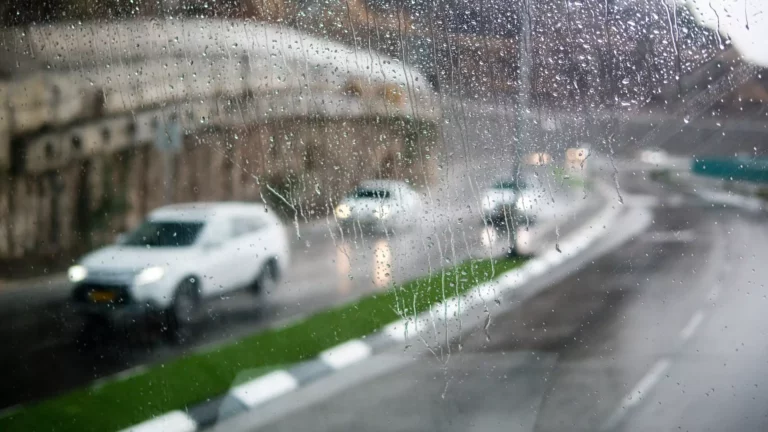How to File a Car Insurance Injury Claim?

At some point in our lives, there’s a reasonable chance we’ll be involved in an auto accident of some sort.
How to File a Car Insurance Injury Claim?
Notifying your insurer of a car accident and potential claim is important, but it can be confusing to know how to do so. In New Jersey, you are required to promptly notify your insurer of any accidents, regardless of who was at fault. The best way to do this is usually by calling the telephone number listed on your insurance card. You can also notify your insurer of a claim online using the insurer’s website or mobile app.
If you were not at fault for the accident, you may still file a claim with the other party’s insurer. However, it’s important to note that New Jersey is a no-fault state, which means your own insurer will likely be responsible for your medical expenses and other damages, up to your policy limit.
Filing a car insurance claim in New Jersey is straightforward. However, there are some important things to keep in mind to make sure the process goes smoothly.
First and foremost, it’s important to understand that insurance adjusters are not your friend. They are paid to look after the interests of the insurance company, not necessarily your best interests. As such, you should be very careful about what you say to them.
In general, you should only give the adjuster basic information about the accident, such as where and when it happened. You should not give a statement about who was at fault or discuss any injuries you may have sustained. It’s also a good idea to avoid giving a recorded statement.
If the other driver’s insurance company contacts you, you should politely decline to give a statement and refer them to your own insurance company.
Once you have reported the accident to your insurance company, they will send an adjuster to investigate. They will likely take pictures of the damage and speak to witnesses. Once their investigation is complete, they will decide of how much your vehicle is worth and how much they are willing to pay for repairs.
If you disagree with the insurance company’s decision, you can try to negotiate a better settlement. If that doesn’t work, you may need to hire an attorney to help you get the compensation you deserve.
In short, filing a car insurance claim in New Jersey is not difficult, but there are some important things to keep in mind. Be careful about what you say to the insurance adjuster and make sure you understand your rights before agreeing to anything.
Who should I call after a car accident in New Jersey?
After a car accident in New Jersey, you should contact the following parties:
- First responders, if immediate medical assistance is required.
- Local law enforcement, if it is more than a fender bender; and
- The person’s own auto insurer — or, if the person is uninsured and not at fault for the accident, the other party’s insurer.
If you have been involved in a car accident, it is important to stay calm and follow these steps to ensure that everyone stays safe and that you can get the help you need.
What if the accident was my fault?
If you were at fault for the accident, you should still notify your own first-party insurer. Some types of insurance policies — such as Med Pay insurance and New Jersey collision insurance — pay without regard to fault.
Additionally, it may turn out that the other party was wholly or partially responsible for the accident. New Jersey’s “comparative negligence / shared fault” law allows people to recover damages even when they were partly to blame for an accident.
So, even if you think the accident was entirely your fault, it’s still a good idea to contact an experienced car accident attorney who can investigate and potentially find evidence that the other party was also at fault.
Do I need to notify the New Jersey DMV after a car accident?
If you’re involved in a car accident in New Jersey, you may need to notify the DMV. This is required if:
- Anyone was killed or injured (no matter how minor the injury)
- The accident caused more than $1,000 in property damage
You should report the accident to the DMV as soon as possible. This is different from filing a lawsuit for damages. If the responsible insurance company or party does not pay up, you may eventually need to file a lawsuit in order to protect your right to recover damages.
How long do I have to recover damages for car accident injuries?
In New Jersey, the statute of limitations to sue for injuries from a car accident is generally two years. However, it is important to note that this is how long you must sue the other party or his/her insurer, not how long you can take to report the accident to the New Jersey DMV and your insurer.
Most insurance companies require that you notify them promptly after an accident if you have a claim. Delaying too long could compromise your ability to recover damages. The auto accident settlement timeline is generally one to three years from the time of the accident.
What if I don’t have insurance?
If you don’t have insurance but were not at fault for the accident, you can file a claim with the other party’s insurer.
Keep in mind, however, that the other party’s insurance company does not represent you. While your own insurer must act in good faith regarding your claim, the other party’s insurer has no such obligation. They can simply ignore you.
For this reason, we recommend contacting an experienced New Jersey accident lawyer before making a claim directly against another party’s insurance.
Can I take my car anywhere for repairs after an accident in New Jersey?
Yes. After a car accident, you are free to have repairs done by a body shop of your choice. However, most insurers have a network of repair shops that will bill the insurer directly (at discounted rates).
If you choose a body shop that is outside of the network, you will usually have to negotiate the price of repairs with the adjuster (and probably the body shop as well). Another advantage to using an in-network repair shop is that it can be easier to get additional costs approved if the shop discovers more damage after the initial estimate.
Do I need an attorney to make a car accident claim in New Jersey?
No, you do not need an attorney to make a car accident claim in New Jersey. However, unless your claim is small and straightforward, you will often get a larger settlement if you have an attorney make your claim.
Insurance adjusters are trained to make you go away or take less than you deserve. They deal with claims all day every day. An experienced New Jersey personal injury attorney will know how to see through their tricks to get you all the compensatory damages to which you are entitled.
The process for settling a New Jersey vehicle accident claim
Getting assigned to an adjuster:
The insurance company will assign an adjuster to your case when they first receive notice of the claim. The adjuster will then contact you, usually by phone, but sometimes by mail or email.
Under New Jersey law, the insurer must contact you within 10 days of receiving notice of a claim.
The adjuster will ask you for a statement and will gather other evidence to determine who was at fault and what each party’s damages are.
Do I have to give the adjuster a recorded statement?
You are not obligated to agree to give a recorded statement to the adjuster. You can politely decline if you feel uncomfortable doing so. Simply present the facts of the accident, without embellishment. Avoid stating that you feel fine or giving the impression that you are in a hurry to settle. Anything you say can and will likely be used to deny or delay your claim.
If asked how you are doing you can honestly say that it’s too early to be certain. It’s important to be truthful about your injuries and not give the impression that you are feeling better than you actually are. The adjuster may try to trick you into saying something that can be used to deny your claim, so it’s best to be cautious.
Do I have to agree to an independent medical examination (IME)?
No. The adjuster may ask you to undergo an independent medical examination (IME). The IME is not as independent as the insurer would have you believe.
For one thing, it is an exam paid for by the insurance company. It cannot help your claim. Politely tell the adjuster that you will sign a medical release so that he or she can obtain treatment notes from your medical providers.
In general, you should say as little as possible about your medical condition and let the evidence (and your attorney if you have one) do the work.
What evidence will the adjuster need to obtain?
An insurance adjuster will collect various types of evidence in order to assess a claim.
This can include, but is not limited to:
- The claimant’s completed accident report form
- A recorded statement from the claimant (if given)
- Statements from any other parties or witnesses involved in the accident
- An inspection of the claimant’s vehicle
- Photos of the accident scene
- Damage reports from car repair shops
- Medical bills and reports
- Evidence supporting any claim for lost wages or lost earning capacity
Anything else that is relevant to the case may also be considered, such as social media posts. It is important to be cooperative with the adjuster and provide any requested information or evidence, as this can impact the outcome of the claim.
So how long does it take to get your money after a car insurance claim?
By law, insurance companies in New Jersey must open a good faith investigation within 10 days of being notified of a claim. Notification does not need to be in writing.
The insurer must accept or deny the claim not later than 40 days after it has been proved. Proof involves establishing that you are entitled to recovery and how much you are entitled to.
If the claim is simple and fault is not at issue, a claim can be proved in a matter of days. When fault is an issue, it can take longer, especially if anyone was seriously injured.
So, if you’ve been in an accident and are waiting on your insurance claim, don’t despair. The process may take some time, but you should eventually get the money you’re entitled to.
The initial settlement offer
The adjuster will usually make a settlement offer after investigating the claim. The offer will usually be the amount necessary to pay for your car repairs and necessary and reasonable medical treatment. If you are lucky, it may include a small amount for your pain and suffering.
Reasons for a lowball offer can include (but are not limited to):
- You are still undergoing medical treatment and the adjuster wants to wait until treatment is completed before making a full evaluation of your damages
- The insurance company does not believe your injuries are as serious as you claim; or
- The insurance company believes that you were partially at fault for the accident.
If you receive a lowball offer, it is important to understand that this is not necessarily the final word from the insurance company. You may be able to negotiate a higher settlement by providing additional evidence of your damages or by showing that the insurance company’s evaluation of fault is incorrect. An experienced personal injury attorney can help you with this process.
Should I send a demand letter?
It is not necessary to send a demand letter to the insurance company after a car accident in New Jersey, but it can be useful.
A demand letter sets forth your version of events, with a brief statement of the evidence to back it up, and a request (“demand”) for a certain amount.
If you have retained a New Jersey personal injury lawyer, your lawyer will usually opt to send the insurance company a demand letter before (or even after) the adjuster makes an offer.
Just as an adjuster’s initial offer is usually on the low side, an unrepresented claimant’s first demand is often too high. But there is no harm in making an initial demand that is too high, if you are willing to negotiate.
The insurance company will usually take your demand letter more seriously if it is sent by a lawyer, because the company knows that a lawsuit may be filed if the parties cannot reach an agreement.
If you are not represented by a lawyer, the insurance company may or may not respond to your demand letter. Even if the company does respond, its offer is likely to be low.
It is always a good idea to consult with a New Jersey personal injury lawyer before sending a demand letter, or even before speaking to an insurance adjuster. A lawyer can help you understand the value of your claim and will negotiate on your behalf to get the best possible settlement.
The negotiation
The negotiation is the most critical part of a car insurance claim. This is where you or your lawyer present your evidence and argue for more money.
The adjuster will want to bring the case to a quick resolution. In addition to getting work off the adjuster’s plate, it limits the insurance company exposure in case you later discover your injuries were more serious.
Being patient but persistent is often the key to obtaining the best results from a negotiation.
You may need to file a lawsuit in order to get a decent settlement offer. Be sure to keep track of when the statute of limitations expires on your case, so you don’t miss your opportunity to take legal action.
The settlement agreement
Once you and the insurance adjuster have agreed on a dollar amount, you will be asked to sign a settlement agreement. The settlement agreement is a full and final settlement of your claims, so make sure you read it and understand it before signing.
By signing the settlement agreement, you give up your right to sue – even if you later discover that you were injured more seriously than you initially thought, or your car needed additional repairs. Once the agreement is signed, the insurance company will issue a check for the agreed-upon amount. It’s important to know that once you cash the check, you are legally bound by the terms of the settlement agreement.
If you have any questions about what you’re signing, be sure to ask the insurance adjuster or your attorney before you put your signature on the dotted line.
How do I get my money after I settle my New Jersey car accident claim?
After you settle your New Jersey car accident claim, the insurance company will usually pay the repair shop directly if you used a shop within their network. All other damages will be paid once the insurance company receives an original of your signed settlement agreement.
However, you may be responsible for paying other parties out of the proceeds – for instance, doctors and body shops that weren’t paid directly by your insurer. Make sure you don’t have any outstanding bills for services before you spend your settlement money!
Related Blogs
No Fee Unless
GGL Wins
We've got you covered.
We are available 24/7/365
One of our advisers will contact you.

OFFICIAL PARTNER OF RUTGERS ATHLETICS



Recent GGL Wins
Auto Accident
Mediation award Plaintiff was injured in an intersection motor vehicle collision resulting in neck and lower back fusion surgeries.
$2 Million
Verdict
Workers Compensation
25-year-old laborer died in an industrial accident while working.
$1.15 Million
Verdict
Construction Accident
Roofer fell off roof causing head trauma resulting in a head injury. Plaintiff was not given fall restraint protection equipment by contractor.







